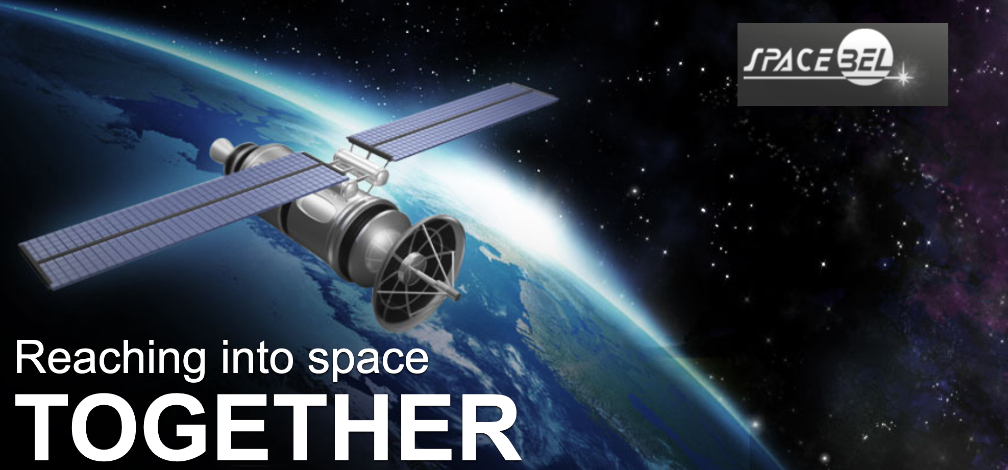
The European Space Agency (ESA) has awarded the Small and Medium Enterprise (SME) company, Spacebel, with a new contract to supply the payload data ground segment for the upcoming Altius stratosphere observation mission. This operational ground infrastructure will be located in Redu and Uccle and will process the data produced by the satellite’s on-board instruments before their transmission to the various users.

As part of the European “Earth Watch” program, with Belgium as the main contributor accounting for 94% of the budget, Altius is a smallsat dedicated to the operational monitoring of stratospheric ozone profiles. This new ESA mission, initiated by the Royal Belgian Institute for Space Aeronomy (IASB), will detect the composition of the atmosphere and changes in the stratospheric ozone layer. In addition to greenhouse gases, the satellite will measure other traces of atmospheric gases such as aerosols that are damaging the quality of air on Earth.
In view of the current environmental challenges, Altius will also provide a response, for a minimum period of 3 years, to the imminent shortage of satellites capable of monitoring the presence of the atmosphere components.
From a technological point of view, Altius is characterized by a sightline on the horizon that should establish ozone profiles with the required resolution. In keeping with the Proba family, the development and operation of the future Belgian satellite will go along with cost optimization. Its launch is scheduled for the end of 2023 from Kourou.
Thierry du Pré-Werson, Managing Director of SPACEBEL, said, “SPACEBEL is already in charge of the development of Altius’ on-board software. Today, ESA has appointed SPACEBEL as prime contractor for the definition, system architecture and integration of the payload data management ground segment. We are carrying out this industrial prime contractor role with the scientific partners of the IASB (Brussels) and the University of Saskatchewan in Canada. The B.USOC centre and Space Applications Systems NV are also part of the consortium and contribute to the mission planning and operations preparation. This new project represents a significant workload for our teams. It is a great recognition of SPACEBEL’s know-how as a leader in the European Space sector. I would like to thank BELSPO (Belgian Federal Science Policy) and ESA for their confidence. We know what is at stake, it is time to work together and ensure the success of this project.”
Jean-Christophe Schyns, in charge of the mission follow-up at BELSPO, pointed out, “This project, initiated by the IASB and supported by BELSPO, has its Space segment developed by the Belgian QinetiQ Space, while the Belgian OIP is in charge of the design and development of the instrument. Both companies rely upon several subcontractors from our country, but also from Canada, Romania and the Grand Duchy of Luxembourg, i.e. the 3 other mission contributing countries. The fact that SPACEBEL has now been appointed by ESA as industrial prime contractor for the Altius ground segment clearly confirms the involvement desired by our country in this mission which is and will be – from the emergence of the project in an IASB laboratory to the data processing on the Uccle plateau when the satellite will be in orbit – a success of which Belgium can be proud.”
